
9 minute read
The Circuit
The NEWS | TIPS | FACTS CIRCUIT
Run a nine-minute 1.6km in their shoes
Advertisement
If you’ve just taken up running, you might be hesitant to shell out your dough for high-tech sneakers and supplements marketed to elite runners – but one study published in Frontiers in Physiology wants you to think again. Researchers found that those who run slower than nine minutes per mile (approximately 1.6km) saw the greatest improvements in running speed when they enlisted other factors typically used by more advanced runners (such as investing in better footwear, drinking beet juice, and race-day style strategies). Unfortunately for seasoned runners, those who ran faster than a nine-minute mile still experienced some improvement, but their results couldn’t touch the slower group’s performance boost, suggesting that the faster you get, the harder it becomes to improve your speed.
Can beginner runners fake it ‘til they make it?

Small steps
It may sound cliché, but taking the stairs when possible really does make you fitter. Stair climbing three times per day improved fitness, strength and power in otherwise sedentary participants, according to Applied Physiology, Nutrition and Metabolism.
Jog your muscle memory You know that your muscles are capable of ‘learning’ exercises, meaning they adapt to the kilos you’re lifting in the weight room. But a new study in Frontiers in Physiology confirms that ‘muscle memory’ is a legitimate thing, and it can even boost your strength training efforts if you’ve taken some time away from the gym. The study found that muscle nuclei built during fitness training never die – even if the muscle shrinks. And when exercisers return to fitness after taking a break, the nuclei allow them to make a faster comeback. Great news if you’re currently dealing with an injury, or planning to return to your once-athletic younger years!
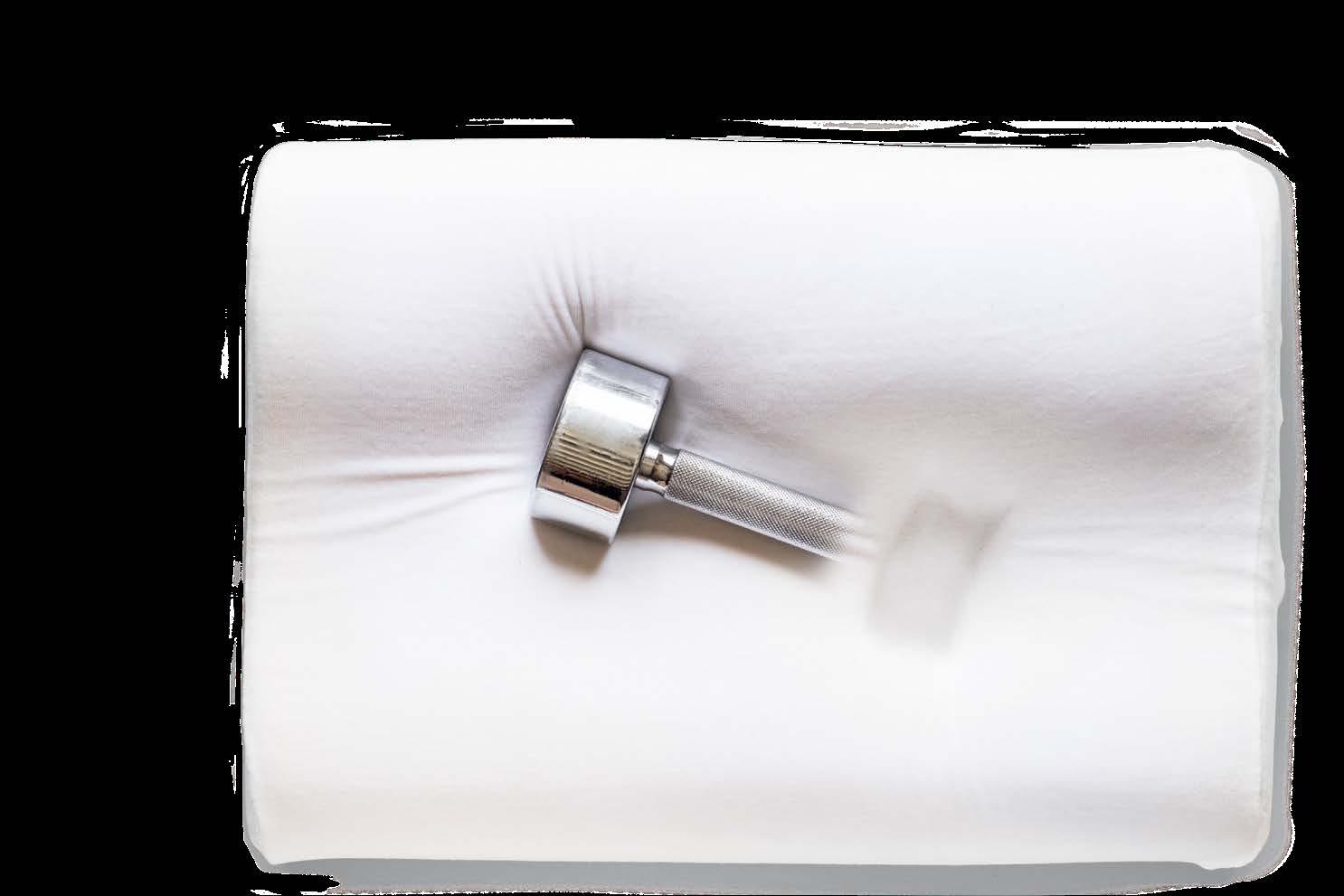
1%
THE RATE AT WHICH THE AVERAGE PERSON BEGINS TO LOSE BONE MASS PER YEAR, STARTING AFTER AGE 40.
Exercise better food choices Your workouts could be influencing your decision to have that salad at lunch time. Sedentary participants were given a task to exercise for 30 minutes three times per week, but not to change their diets. After several weeks, participants naturally began changing their meals to include more whole foods and lean proteins, and fewer processed foods. Researchers at the University of Texas at Austin liken this to the fact that fitness plays a big role in influencing dietary choices. Who knew?
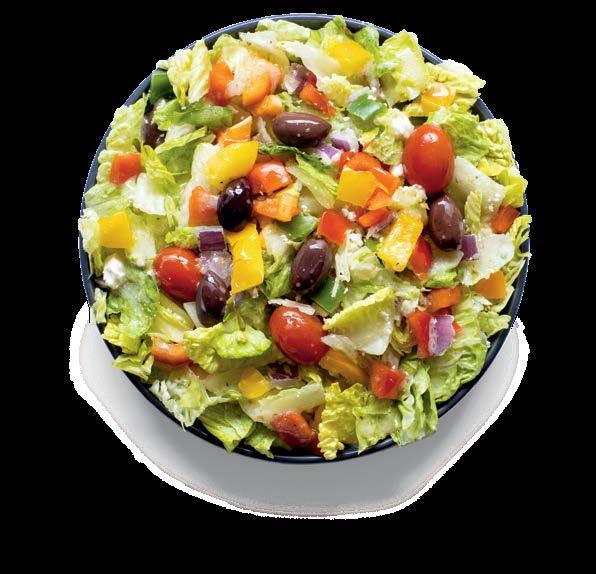

GOT MILK? When it comes to a postworkout snack, research shows milk proteins (such as cottage cheese and Greek yoghurt) were more effective in the support of quick growth of lean muscle mass than soy proteins.
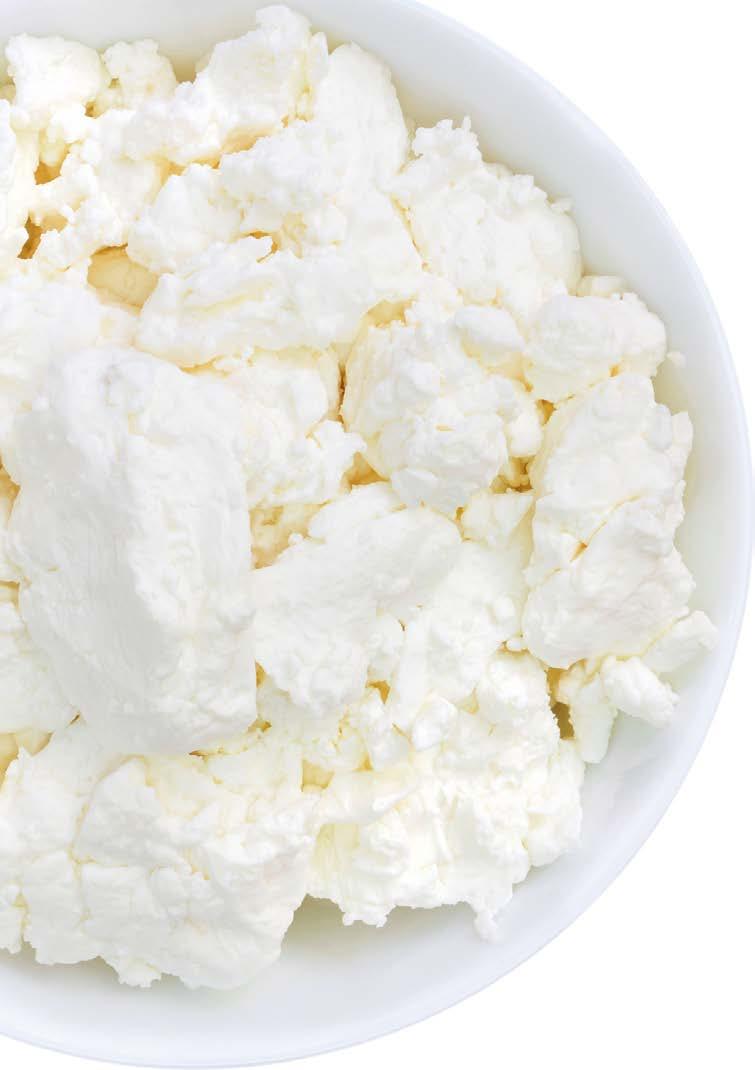
16 g
A ¾ CUP OF LOW-FAT PLAIN GREEK YOGHURT PROVIDES ABOUT THIS MUCH PROTEIN.
The future is female Two female researchers from New Zealand recently collaborated on a study urging science to pay more attention to the specific nutrition needs of women in athletics. Their report, a literary study on the negative impact of low energy availability (LEA) to the active female body, lists hormonal imbalances as well as detriments to cardiovascular health and gastrointestinal function, and long-term decreases in athletic function as just a few of the health risks caused by a lack of proper fuel in the tank. The researchers stress that as the number of women getting involved in sports and fitness increases, so does the importance of understanding their nutritional needs.
Keto cheaters never win

While many popular restrictive diets include the coveted ‘cheat day’ – where dieters are given permission to indulge in their favourite foods – the high-fat, ultra low-carb ketogenic diet plan may be the exception to the rule. In a small human study conducted by Canadian researchers, nine healthy males consumed 75g of a sugary drink after seven days on a keto-style diet plan. The results? Biomarkers in their blood vessels suggested damage was caused from the sudden glucose spike similar to that of someone in poor cardiovascular health. Of course, this is just one study, but it could suggest that cheating on your keto diet may do more harm than good.
Can cheating on keto do damage to your health?
Have your cake Before you decide what to have for dinner, choose your dessert – and don’t skimp on the calories. A study published in the Journal of Experimental Psychology: Applied found diners who selected cheesecake for dessert were twice as likely to order a healthier main dish compared to those who went for fresh fruit.
RBT GYMS IS NOT JUST ANOTHER GYM IT’S A TRANSFORMATION CENTRE
WE FOCUS ON SWEAT & STRENGTH TO ACHIEVE THE ULTIMATE FEMALE BODY TRANSFORMATIONS

LOSE 5KG GUARANTEED WITH RBT GYMS
The unlikely secret to a healthy relationship

If you love to roast your partner, this study from Appalachian State University suggests you may have cracked the code for a lasting relationship. Acknowledging your partner’s flaws and realness through poking fun at them might let them know that you appreciate them for who they are (and that you’re willing to stick around for it). The connection you build can also be a great stress reliever if you’re both having a belly laugh. Where the fun stops, though? If you’re in a situation where one partner is feeling devalued, degraded or insulted.
A little roasting may keep the flame burning.
Can you ease depression with vegetables?
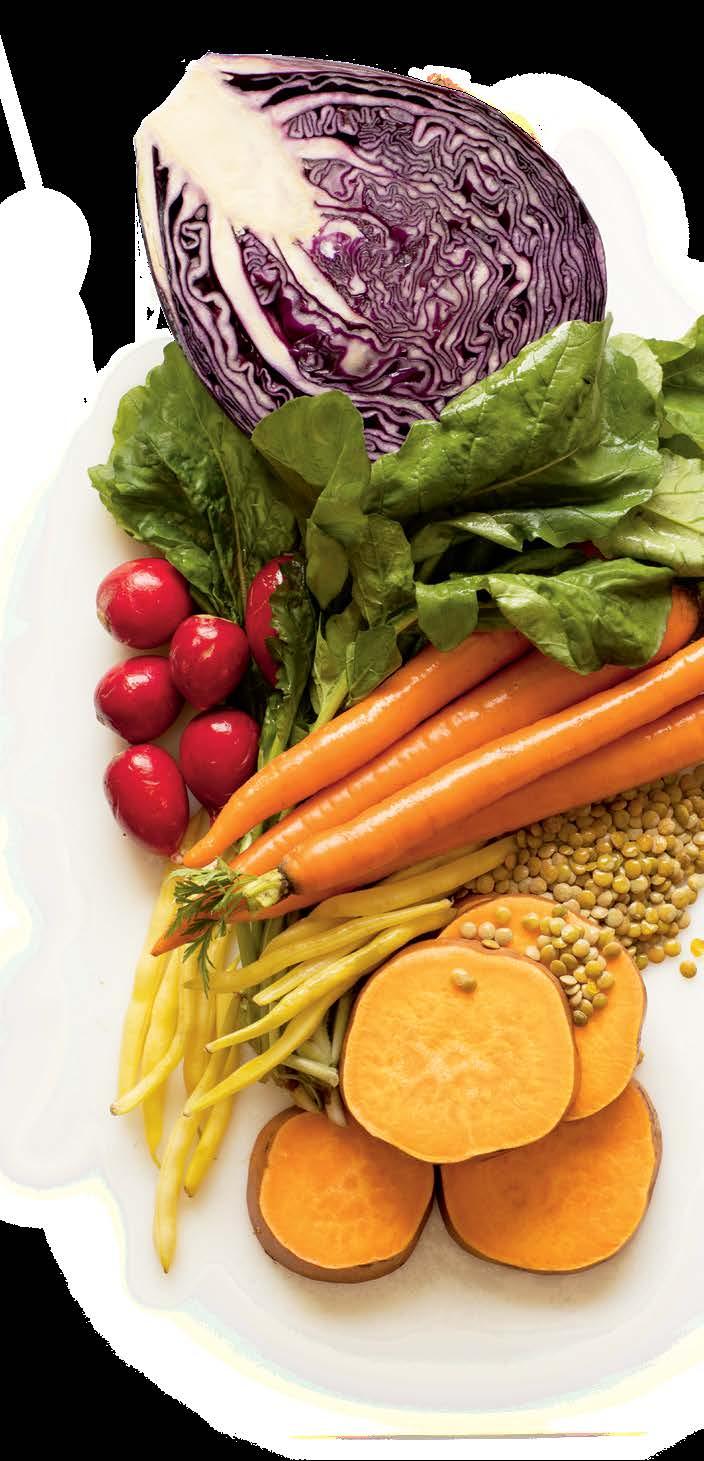
Scientists say the answer is likely, yes. In research collected from over 45,000 subjects, study authors for Psychosomatic Medicine found a link between diets high in nutrient-dense meals with tonnes of veggies and fibre, and decreased symptoms of depression. With various studies citing exercise as a great low mood reliever, fit women are already ahead of the game when it comes to mental health, but here’s a bonus: this study showed that upping fresh produce intake had a bigger mood boost for women than it did for men.
8
After intensively practising yoga for this many weeks, participants with rheumatoid arthritis saw improvements in inflammation, cellular health and cellular aging. Source: Restorative Neurology and Neuroscience
SWEET TALK Published in Clinical Psychological Science, a recent study found that speaking to ourselves in a kind way reduces sweat response and can even lower our heart rate by two to three beats per minute!
October/November 2019 PHOTOGRAPHY PAUL BUCETA
Need another reason not to skip your vitamin D each day? A new study shows vitamin D may support improved insulin sensitivity, decreasing your risk of type 2 diabetes. Vitamin D for the win
THIS JUST IN! L-Norvaline, an amino acid found in common fitness and bodybuilding supplements for boosted muscle growth and recovery, has recently been linked to damaged brain cells. This is the first study of its kind, so there may be no need to panic, but double-check your supplement labels and always be aware of what you’re taking.
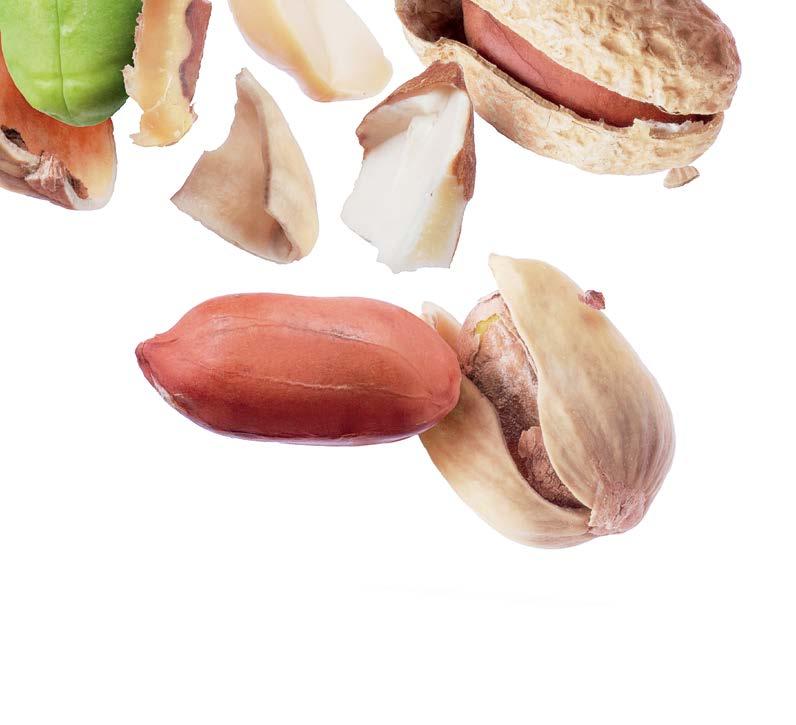
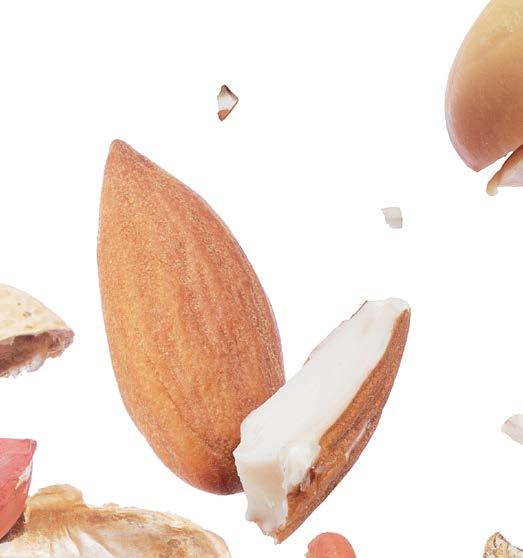
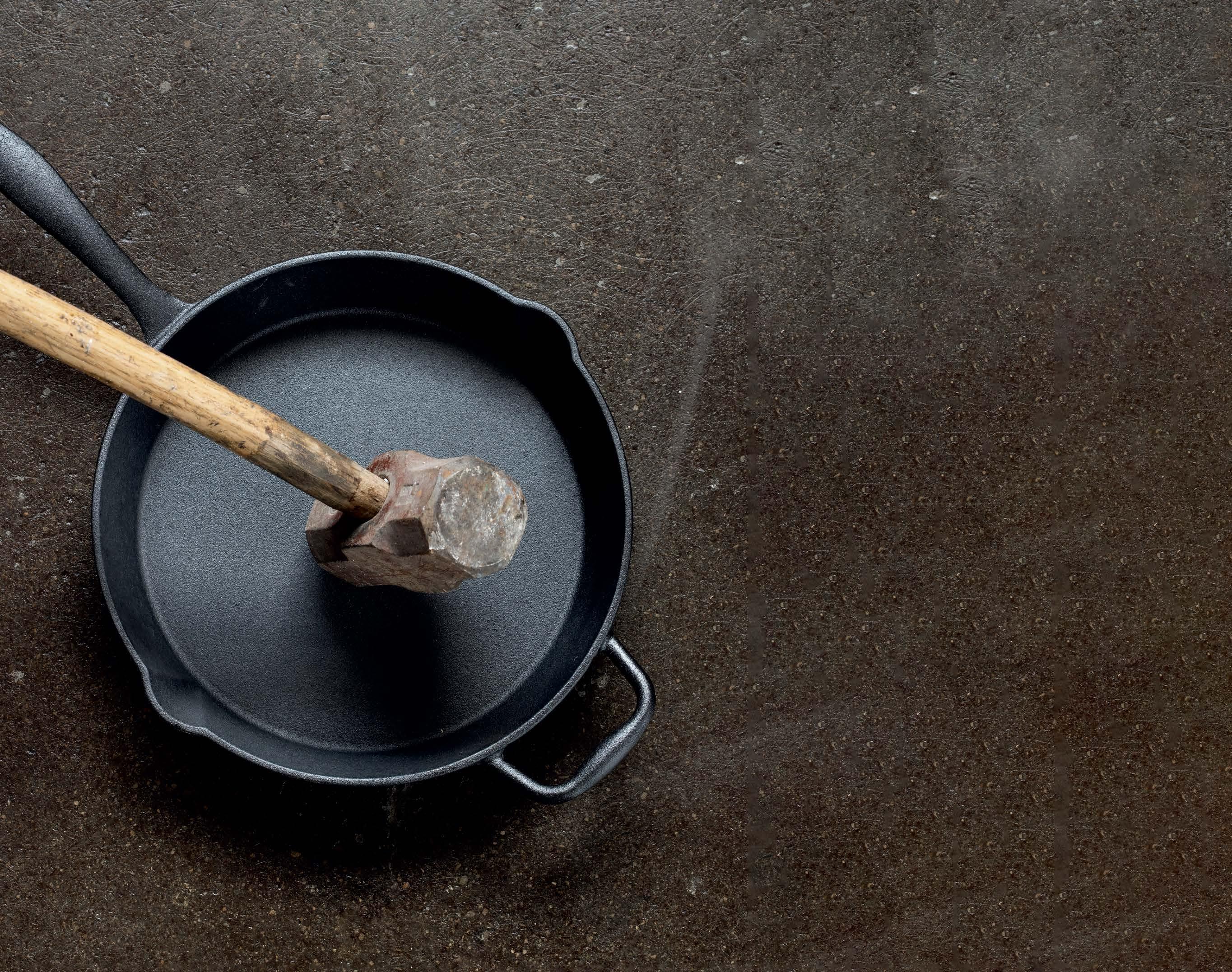
Take E to heart Vitamin E works as a natural blood thinner! This is great for heart health; however, it is recommended people who take blood thinning drugs avoid supplements and stick to wholefood sources, such as nuts, seeds, oils and grains.


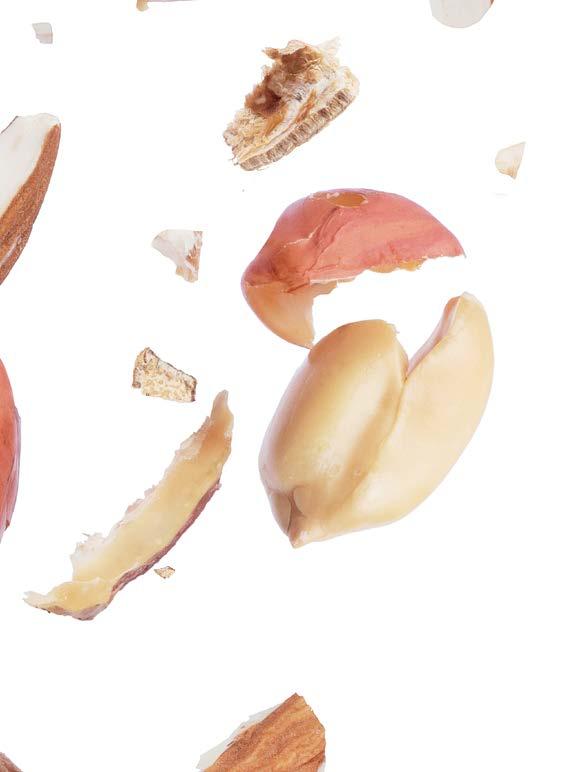
Do you need to hit the iron? Iron is crucial for a number of bodily functions, most importantly for transporting oxygen from your lungs to the rest of the body. But are you getting enough? Iron deficiency can be caused by a restrictive or incomplete diet, malabsorption due to digestive or intestinal conditions, and blood loss (which is why it affects women more than men). An iron deficiency can lead to the common blood deficiency anaemia, but it’s easily treated through supplementation. If you experience symptoms such as fatigue, headaches, dizziness, cold hands and feet, brittle nails and hair loss, talk to your doctor about taking a supplement.
FAST TO AGE SLOWLY Intermittent fasting is a hot topic, but research published in Scientific Reports has delivered one insight for the ‘pro’ column: increased lifespan. Researchers found that fasting increased certain metabolites responsible for maintenance of muscle and antioxidant activity, leading to rejuvenation (yep, that means slower aging!). If you’re tempted to become a breakfast skipper, make sure you do your research first to find an intermittent fasting plan that works for you.

Does slow and steady win the race when it comes to weight loss?
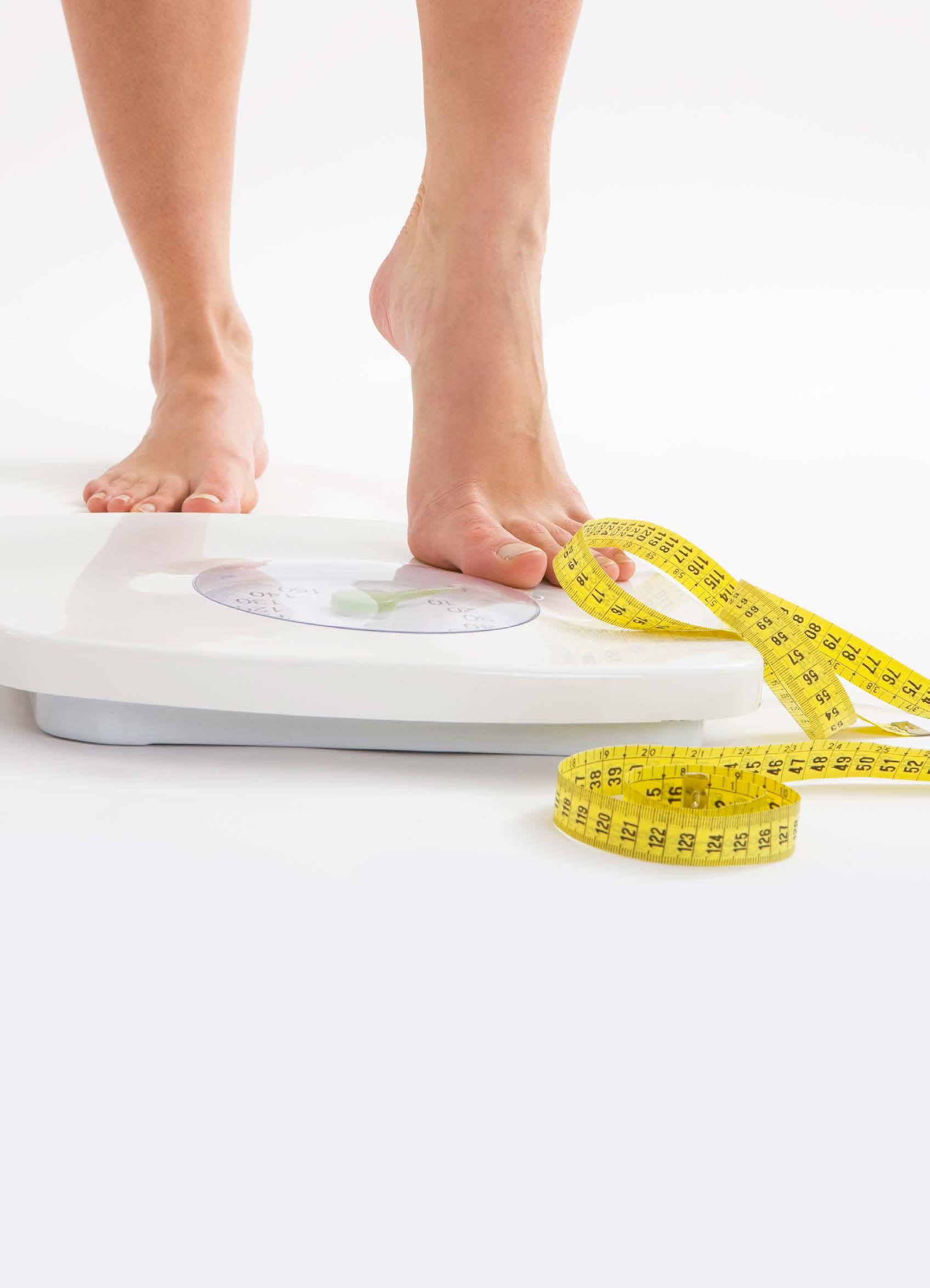
What’s the rush?
If you’re trying to drop a bit of body fat, researchers from York University say doing so quickly doesn’t come with bonus health benefits. Whether participants consistently lost half a kg to one kg per week or crammed their loss into a shorter timeframe, both groups had similar metabolic health improvements. Where they did differ? Losing weight quickly increased the participants’ risk of gallstones. Study authors concluded that the focus should be on healthy, sustainable weight loss solutions – not necessarily fast ones.
Supermarket sabotage
Ever feel like the supermarket is sabotaging your health efforts with its pretty advertising and aisles of sugary treats? New research says you mightn’t be far off the mark.
Junk foods are discounted twice as often as healthy versions – and by double the amount – according to fresh research from Deakin University’s Global Obesity Centre. Researchers looked at price promotions of Australia’s largest supermarket chains over the course of a year, comparing ‘discretionary’ foods to those in the core five food groups.
So be aware of deals that could be disrupting your healthier food choices.
Most frequently and heavily discounted food items included: 1. Chocolate 2. Chips 3. High-sugar breakfast cereals 4. Ice cream



STRONG FITNESS MAGAZINE

NEVER MISS AN ISSUE!
Get STRONG Australia
delivered straight to your door or your inbox.
Head over to strongfitnessmag.com.au/subscribe now to purchase a digital or print subscription for more than 25% OFF the RRP.
Heaps of extra goodies included! Subscriber only discounts, specials, giveaways, videos of behind the scenes, meet and greets, and so much more!










